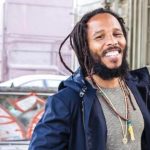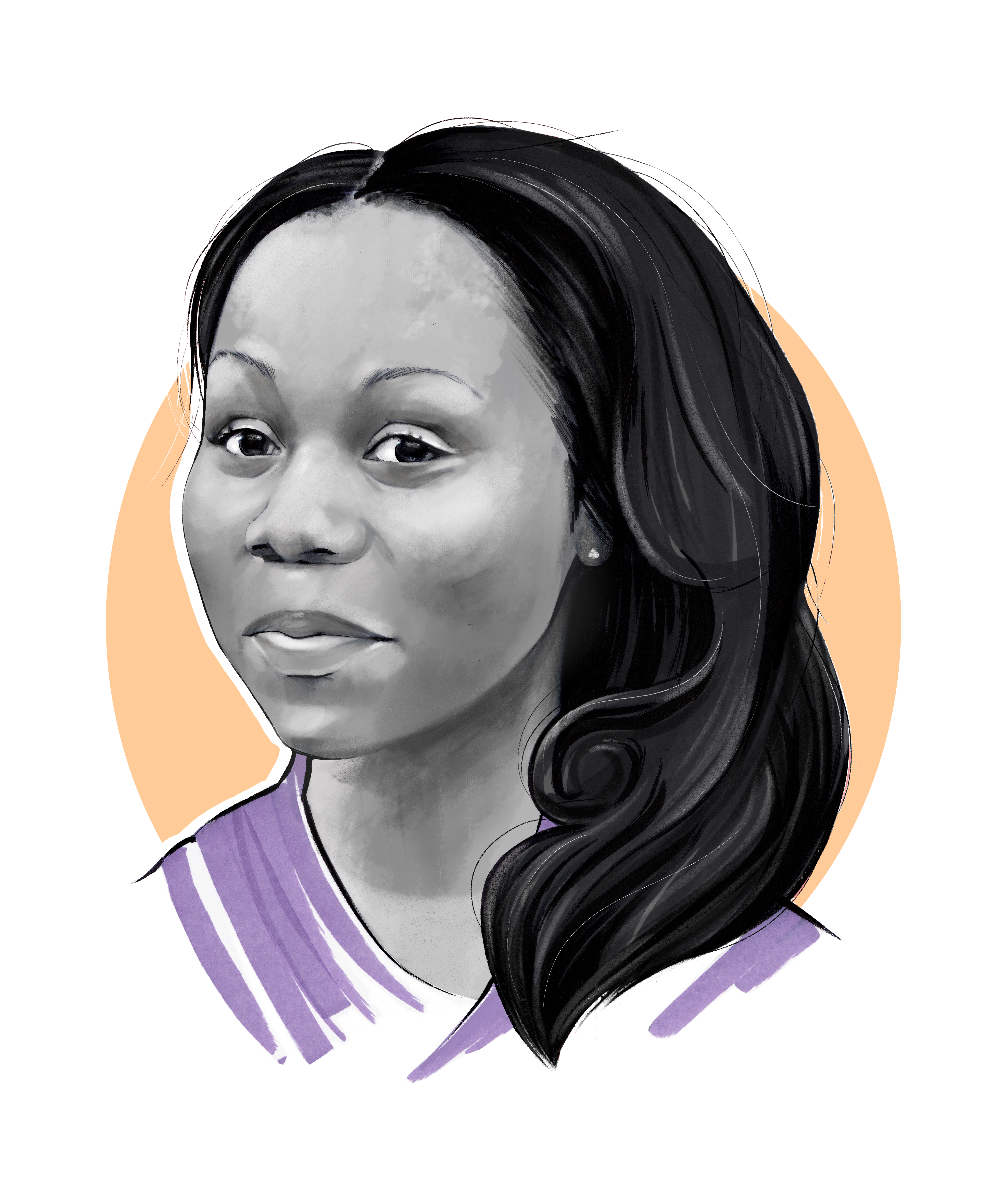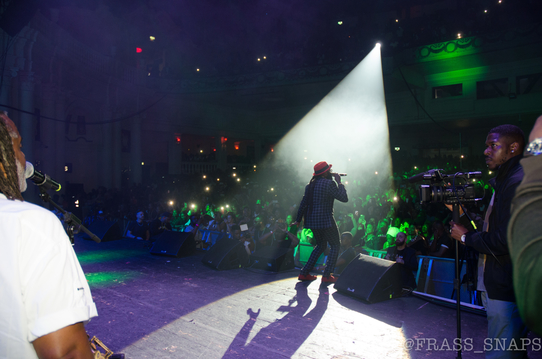
NIGERIAN BORN, Ghana-London based musician Mr Eazi burst onto the scene in 2013 and has risen to become one of Afrobeats’ pioneering stars.
Currently signed to Wizkid’s Starboy World Wide Label, Eazi made some serious waves in the UK last year after two sell out shows, a summertime smash hit Dance For Me with Eugy and a MOBO nomination, to boot.
The artist is on path to continuing this success in 2017 with the release of his 11 track mixtape next month ‘Accra to Lagos’.
You recently won the <i>Best New Artist</i> award at the Soundcity MVP Awards in December [2016]. How do you feel?
I just feel blessed. I never expected it and it’s nice to get that recognition in such a short period of doing this. The nominees in that category were very heavy; everyone had a catalogue of at least a couple of years. [When I won], it was like woah!
How do you feel Afrobeats is faring in the mainstream sphere, these days?
It’s become much more popular in the last few years. In fact, I feel like last year was the year for Afrobeats. ‘One Dance’ by Drake Ft Kyla was the number one record of 2016 and it had a strong Afrobeats influence. That bouncy, Lagos beat. This was a major highlight for the genre. There have been a number of Afrobeats artists breaking out, doing huge things and I’ve been among the recent crop.
I remember sitting with some producers last year and saying that we have to step it up even more and see even more Afrobeats being sampled for 2017. Now, just recently into the new year, I heard a song by Diplo with the percussion bounce of my sound, of Afrobeats. It’s the new reggae dancehall.
Ah! There has been lots of comparisons made between Reggae, Dancehall & Afrobeats, in-so-far-as it’s worldwide impact.
Let me say this; reggae music has influenced artists and the world. I feel like reggae music has been a major music force in the world from Bob Marley, onwards. It’s had a strong cultural impact too. Dancehall has also broken through on an equally large level, to the point that it has influenced a lot of sounds and culture too; from dance steps and daggering to fashion and lifestyle. Look at last year and the amount of songs which were heavily influenced by dancehall. That’s the case up until this very day.
I feel like its that time for African music. Right about now, you can listen to world music and hear the Afrobeats references. A-list artists like Nas and Beyonce are sampling this music.
It’s only a matter until you see more of that in a lot more records and the culture spreads, just like dancehall and reggae. I’m excited.
Your new mixtape Accra to Lagos is out this month. What made you choose that name?
The funny thing about it is, my music first broke in the UK, then Ghana before it got to Nigeria. So there was a diaspora appeal for my music elsewhere before it got back home.
The kind of records I was making for this project were global sounds because it wasn’t just based on my African influences but on all the places I travelled to.
I started recording in Accra and by the end of the year, most of my bookings were in Nigeria, so that’s where I was. I thought, make a mixtape that represents the two cities and my move from Accra to Lagos. I thought it would be good to do this before putting out an album.
What does 2017 have in store for you?
We’ll drop this mixtape in February and then kick-start the <i>Life is Eazi</i> world tour in March. The first stop is Times Square in New York. We’ve checked the stream data and know the top 20 destinations where I get the most love. I’ll be visiting those first. I’ll also be taking it to Europe and London, as well as Africa. Of course, I will also be doing this whilst recording the album.
Accra to Lagos is out now.




What do you think?